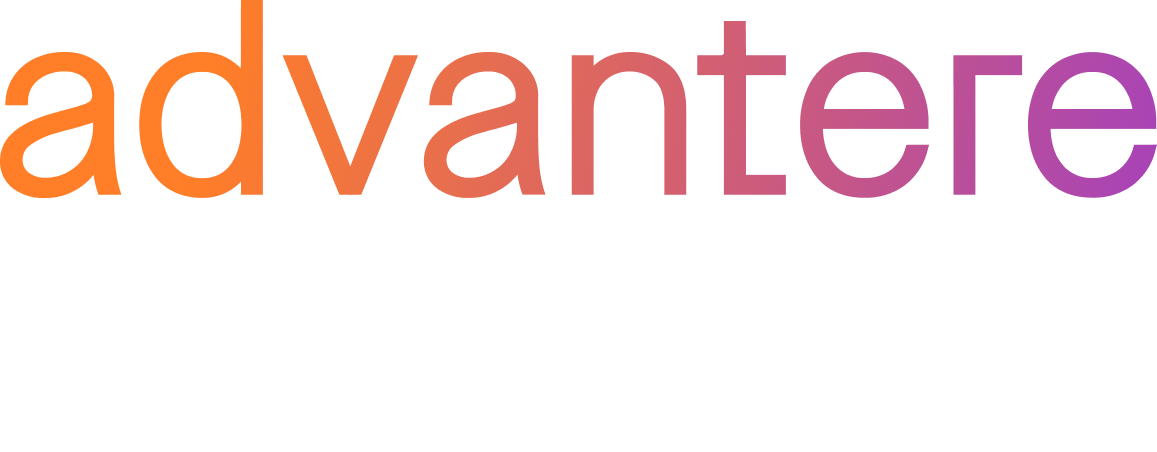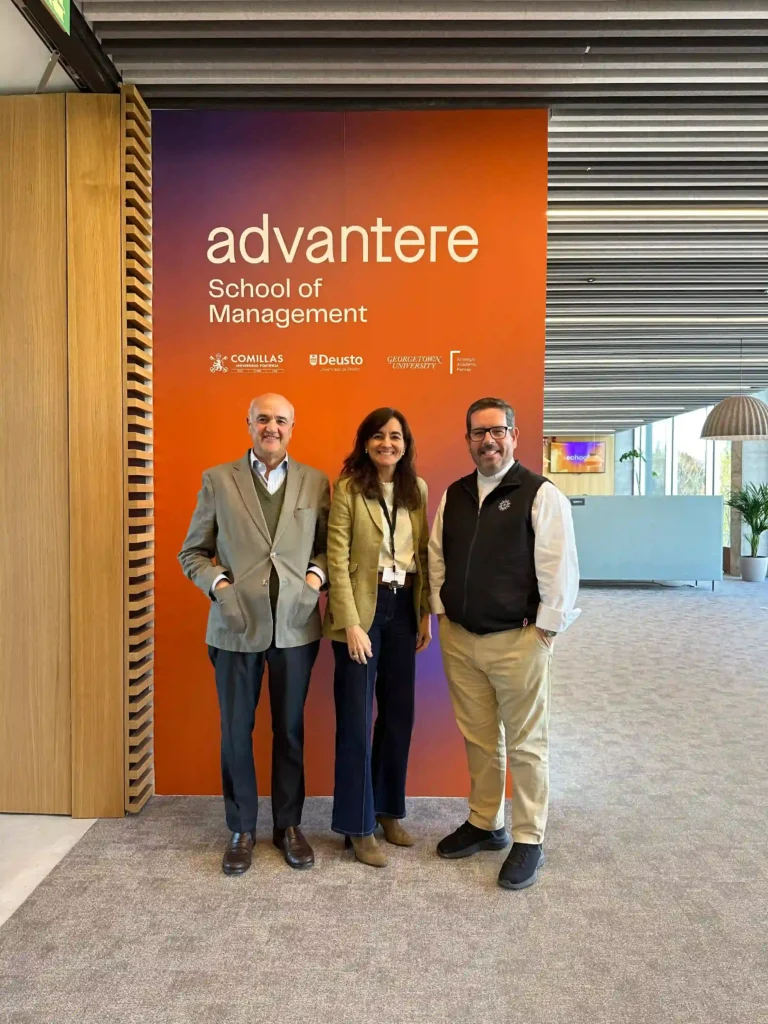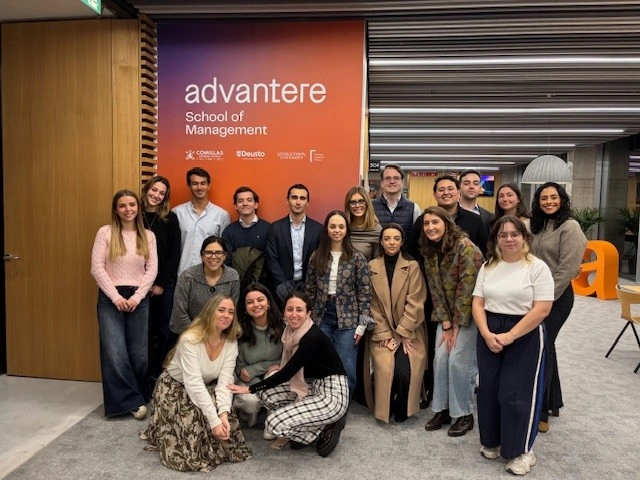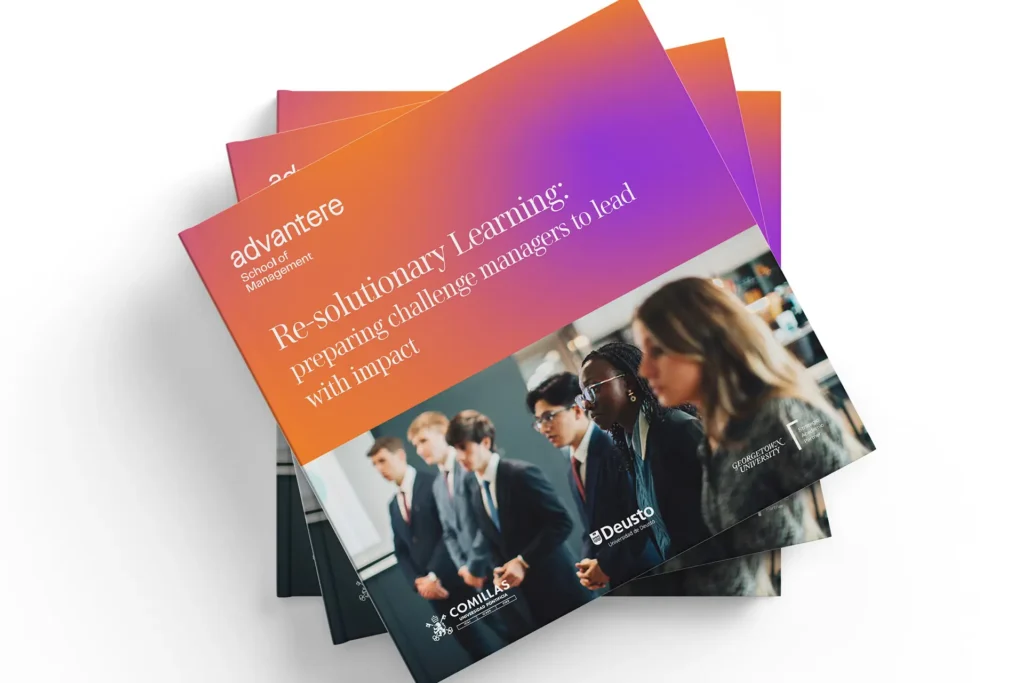What is confirmation bias?
Confirmation bias is the tendency to search for, interpret, favour, and recall information in a way that confirms or strengthens what one already believes while ignoring evidence that supports a different conclusion. It is widespread because it is based on three principles that make us feel a broad range of positive emotions.
Firstly, it is a very efficient way of processing information because everything is aligned and coherent.
Secondly, it increases self-esteem as our position is reinforced.
Finally, it avoids cognitive dissonance, which occurs when a person holds two contradictory beliefs.
This dissonance generates tension and mental discomfort, given that a person is permanently in doubt.
How does confirmation bias influence my life?
The confirmation bias creates a false view of the world that minimizes uncertainty, conflicts, and self-questioning. For all these reasons, it is subtly integrated into multiple activities. On the internet, a bubble filter amplifies its impact.
These filters give users a selection of information that is in agreement with their beliefs and excludes opposing views. Moreover, it helps to build systematic errors in science when only data aligned with the main hypothesis are used.
This misalignment between the information we manage and reality also impacts interpersonal relations, where confirmation bias can be problematic because it may lead to a false interpretation of other people’s attitudes.
What can I do about it?
The best tool to handle confirmation bias is critical thinking. That means that every idea is always in crisis, looking for a better version or new points of view that overcome any previous proposal.
You should accept as many information sources as possible and process all of them, regardless of whether you agree with them or not, and you should never ignore any alternatives.
Be humble enough to seek out disagreements, specifically about information that contradicts your beliefs. Don’t be afraid of opposing viewpoints. Encourage discussions with people that you usually disagree with to play devil’s advocate with them.
If you want to apply this knowledge in a career focused on the common good, check our Master’s degrees: International Management, Finance or Talent Management, and start to change the world with us.
Because we’re re-solved to advance. We have the re-solution to advance.
Sources
Social Psychology, by Catherine A. Sanderson
- Confirmation bias helps form and re-confirm stereotypes we have about people, as we ignore information that disputes our expectations.
How Doctors Think, by Jerome Groopman
- Doctors tend to confirm their diagnosis while overlooking evidence that would tend to disconfirm it.
“Motivated Skepticism in the Evaluation of Political Beliefs”, by Charles S. Taber and Milton Lodge
- People accept “confirming” evidence more easily and critically evaluate the “disconfirming” evidence.
“Effect of Talent Management Practices and Organisational Performance on Employee retention: Evidence from Indian IT Firms”, by Ms. Tamanna Agarwal
- Confirmation bias also affects employment diversity because preconceived ideas about different social groups can introduce discrimination and impact the recruitment process.
“Effect of interpretive bias on research evidence”, by Ted J. Kaptchuk
- Doctors are being encouraged to improve their critical appraisal skills to make better use of medical research. But when using these skills, it is important to remember that interpretation of data is inevitably subjective and can itself result in bias.
“The human fallibility of scientists: Dealing with error and bias in academic research”, by Coosje Veldkamp
“Confirmation Bias: A Ubiquitous Phenomenon in Many Guises”, by Raymond S. Nickerson






